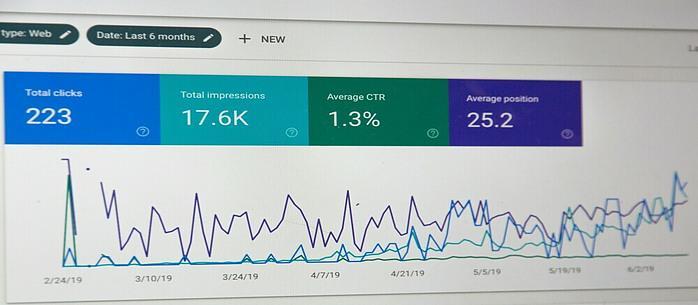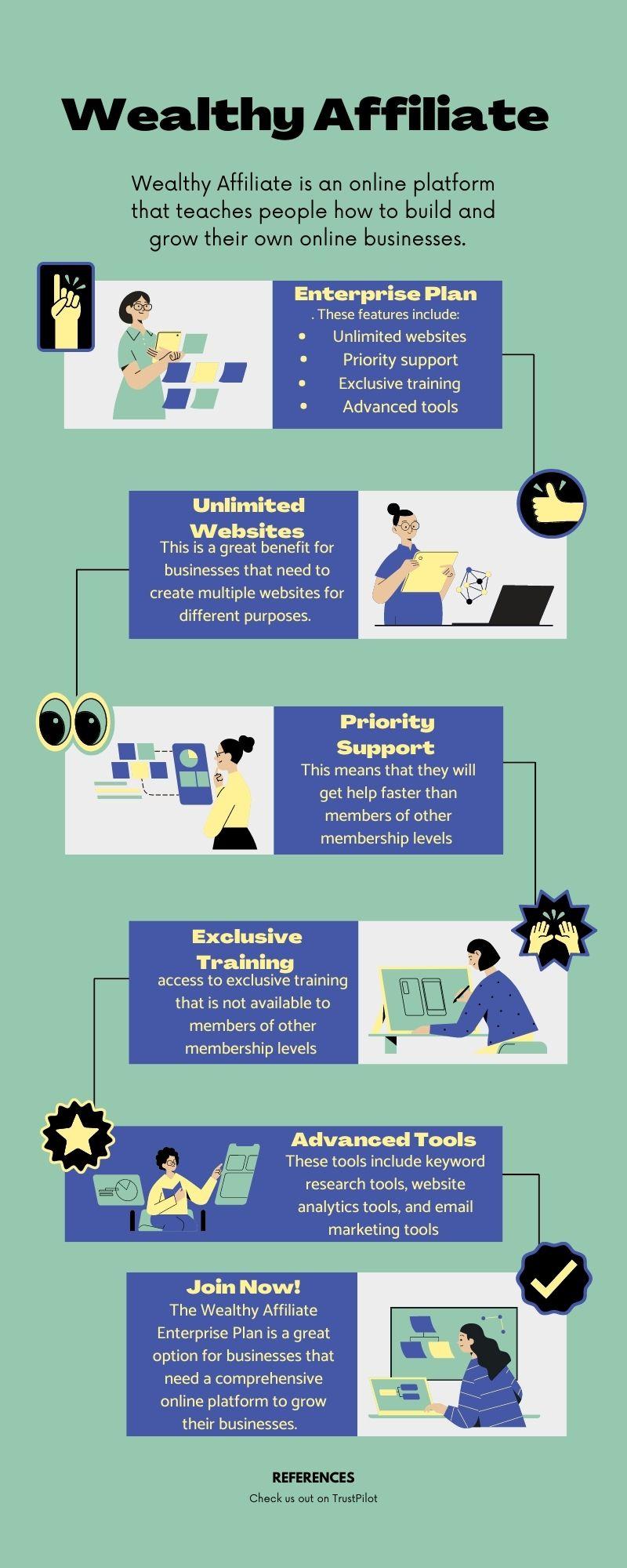SEO 101: A Beginner’s Guide to Optimizing Your Website
Search Engine Optimization (SEO) is the art and science of increasing a website’s visibility on search engines like Google. At its core, SEO ensures that search engines understand your website, enabling it to rank higher on search engine results pages (SERPs). This increased visibility drives more traffic to your site, enhances your online presence, and ultimately helps you reach your goals—whether they involve sales, readership, or brand awareness.
This guide will take you through the basics of SEO, exploring its critical components and how you can leverage them to improve your website’s ranking.

What is SEO?
SEO is about making your website accessible and relevant to both search engines and users. When someone searches for a specific topic or keyword, Google and other search engines analyze a wide range of factors to determine which websites best match the query. The better optimized your website, the higher it is likely to appear in the rankings.
However, SEO is not a one-time task. It is an ongoing process of refining your content, improving the user experience, and staying updated with ever-changing algorithms. The ultimate goal is to make your website a reliable and valuable resource that both search engines and users trust.
The Basics of SEO: Key Factors That Affect Rankings
Search engines like Google prioritize websites based on a few essential factors. These elements are the building blocks of SEO and significantly influence where your website appears in search results.
The first and most important is the quality of your content. Search engines aim to provide users with the most relevant and helpful answers to their queries, which means they favor websites with high-quality, well-researched, and engaging content. This content should address the needs of your target audience, provide clear and actionable insights, and be written in a way that keeps readers engaged.
Backlinks also play a crucial role in SEO. A backlink is essentially a vote of confidence from another website. When a reputable site links to yours, it signals to search engines that your content is valuable and trustworthy. Building backlinks is a process that involves creating content so useful and authoritative that others naturally want to reference it. Partnerships, guest blogging, and sharing your content on social media can also help you earn backlinks over time.
Another critical component is the effective use of keywords. Keywords are the phrases or terms people use when searching for information online. When you strategically include these terms in your content, you make it easier for search engines to understand what your page is about and match it to user searches. However, it’s important to use keywords naturally within the context of your writing. Overusing them, or “keyword stuffing,” can harm your ranking.
The structure of your website is another factor that search engines consider. A well-organized site is easier for users to navigate and helps search engines index your content more efficiently. This means arranging your pages in a logical hierarchy, using internal links to connect related content, and creating a sitemap that acts as a roadmap for search engines.
Lastly, the speed at which your website loads is critical. In today’s fast-paced digital world, users expect pages to load almost instantly. A slow website frustrates visitors and increases bounce rates, which negatively impacts your SEO. Optimizing your images, minimizing code, and using caching tools are just a few ways to improve your site’s loading speed.

Why High-Quality Content Matters
The foundation of successful SEO lies in creating exceptional content. Search engines aim to deliver the best possible results to their users, which means they prioritize content that is well-written, thoroughly researched, and relevant to the user’s query.
High-quality content goes beyond simply answering a question. It involves presenting information in a clear and engaging manner that resonates with your audience. For instance, if you’re writing about fitness tips, your content should be detailed, actionable, and tailored to the needs of your readers. By focusing on what your audience values most, you not only improve your SEO but also build trust and authority in your niche.
Backlinks: The Currency of Credibility
Backlinks are a cornerstone of SEO because they represent trust. When a respected website links to your page, it signals to search engines that your content is credible and valuable. This makes backlinks one of the most effective ways to boost your rankings.
Earning backlinks often starts with creating content that others find useful and worth sharing. For example, a detailed guide or an original study can attract attention and prompt other sites to reference your work. Additionally, collaborating with other websites through guest blogging can help you establish connections and earn links to your site.
The quality of backlinks matters more than the quantity. Links from authoritative, relevant websites carry more weight than a large number of links from low-quality sources. Building a strong backlink profile takes time, but it is one of the most rewarding aspects of SEO.
Keywords: The Compass for Search Engines
Keywords act as a bridge between your content and the people searching for it. When you include relevant keywords in your content, titles, and meta descriptions, you help search engines understand what your page is about.
The key to using keywords effectively lies in balance. They should be integrated seamlessly into your content without disrupting its flow. For instance, if your page focuses on “eco-friendly home design,” you might naturally incorporate this phrase into headings, subheadings, and throughout the text. Overusing keywords, on the other hand, can make your content feel unnatural and may lead search engines to penalize your site.
Researching keywords is an essential first step. Tools like Google Keyword Planner and Jaaxy can help you identify the terms your audience is searching for and the level of competition associated with each. Once you have a list of target keywords, you can build your content around them, ensuring it aligns with what your audience wants to find.
Creating a Strong Website Structure
A well-structured website is not only easier for visitors to navigate but also helps search engines understand your content. Think of your website as a library. If the books are arranged logically, it’s easier for readers to find what they’re looking for. Similarly, a clear website structure ensures that users and search engines can quickly access your most important pages.
Start by organizing your site into categories and subcategories that make sense for your content. For example, a travel blog might have sections for destinations, travel tips, and product reviews. Internal links connecting related pages help visitors explore your site and allow search engines to crawl it more effectively.
Creating a sitemap is another essential step. This document lists all your website’s pages and helps search engines index them, ensuring nothing important gets overlooked.
Speeding Up Your Website
Website speed is a critical SEO factor that directly affects user experience. A slow-loading site can drive visitors away before they even have a chance to engage with your content. Search engines take this into account, often penalizing slow sites with lower rankings.
To improve your site’s speed, start by optimizing your images. Large image files are a common culprit behind slow loading times. Compressing and resizing them can make a significant difference. Additionally, streamlining your site’s code by minimizing CSS, JavaScript, and HTML files can improve performance. Using caching plugins can further enhance load times for returning visitors.
Final Thoughts
SEO is a multi-faceted process that requires consistent effort and attention to detail. By focusing on high-quality content, building a strong backlink profile, using keywords effectively, creating a logical site structure, and improving your site’s speed, you can make significant strides in boosting your rankings and growing your online presence.
While the journey to SEO success takes time, the rewards are well worth the effort. Keep refining your strategies, stay updated on the latest trends, and remember that every small improvement brings you closer to your goals. With dedication and persistence, your website can become a trusted and visible resource in your niche.
Where to Source Testimonials
- Wealthy Affiliate’s Website/Blog: There are likely success stories showcased here.
- Trustpilot: See what genuine users are saying: https://www.trustpilot.com/review/wealthyaffiliate.com
- Social Media: Search for relevant hashtags on Twitter, Facebook groups, etc. Reach out directly to users expressing praise for the program.
If you’re serious about optimizing your website and growing your online presence, consider exploring the Wealthy Affiliate Platform. With comprehensive training, tools, and a supportive community, Wealthy Affiliate can help you succeed as an affiliate marketer and improve your SEO skills.
Start your journey to higher rankings and greater visibility today. Click here to enter the Wealthy Affiliate Platform!
Martin


Your post provides useful tips and essential knowledge on how to optimize your SEO rankings. I agree with you on one point: content is very important, as it should be your main focus when building a website. Other factors like the ones you mentioned, such as website speed and mobile-friendliness, are also important. This was a helpful read!
Thank you so much for your kind words. We’re very happy you enjoyed the post and found it helpful. Since we are already on the topic of website security, what do you think about this one?
Thank you for your response! This is exactly the sort of feedback we like to receive from our readers. It helps us improve our content and make it better than ever before.